2025 Wave 1: D365 Customer Service and Contact Center

It is that awesome time of year again! On January 23rd, Microsoft announced the 2025 Wave 1 release notes for Dynamics 365 business applications and the Power Platform. Since then, I’ve been digging through the documentation to get a grasp of all the new features and enhancements. Like I do with every release wave, I am creating a series of articles and videos, to share insights on what’s coming as part of this release. In this first article, I’ll be focusing on the new features in Dynamics 365 Customer Service and Dynamics 365 Contact Center, and there is some pretty exciting stuff heading our way! Let me start with the three autonomous agents that are introduced for Dynamics 365 Customer Service and/or Dynamics 365 Contact Center. Not all agents will be available for both Customer Service and Contact Center, which I will explain in more detail below.
Case Management Agent
This is the only agent that will only be available for folks that have D365 Customer Service licenses, and not for Dynamics 365 Contact Center standalone licenses. The reason for this is D365 Contact Center doesn’t have case management capabilities by itself. When a chat comes in, the case management agent automatically creates a case, automatically populating data in the case form based on information in the chat transcript and the customer’s history. This gives the CSR time to focus on the customer issue instead of entering data in the application.

As customer service reps work on cases, the agent will suggest actions in the Copilot pane below the timeline. For example, the agent could suggest responding to an email after a communication was received from the customer. It will even help draft the email (we’ve seen this type of behavior previously in the app) which the customer service rep can then review before sending. During the lifecycle of the case, the agent will continue to monitor the case, autonomously respond as needed. Once the problem is handled, (an email can come in from the customer stating this or the customer enters this in the chat) the case management agent will recognize this and provides the CSR with the suggested action to close the case. Accepting this action will open up the case resolution form. Based on details in the case and related tables, the agent automatically populates the case resolution form, which can be viewed and edited by the customer service rep before resolving the case. Once the case is closed, the Knowledge Management agent can take over, which I will explain a little further down in this article. I can’t even begin to imagine the amount of time that this agent will save our customer service reps!
Customer Intent Agent
The Customer Intent Agent is another agent that lives inside the Customer Service Workspace app. I’ve actually seen a demo of this agent when I was at Ignite last year. It was very interesting to see how this agent is going to help identify customer intent when customers engage with the customer service department. The autonomous agent will leverage its AI capabilities to create and manage an ‘Intent Library’ inside Dynamics 365. It does that by reviewing and analyzing past interactions, like emails, transcripts, case notes, and more. Based on that data the agent will generate and manage ‘Intent groups’, which classify customer issues. This is very similar to what we’ve seen in the Customer Service History report, where AI automatically classifies topics. Example: if there are 3 cases that all have different titles, like ‘Shipment damage”, and “Damage during shipping” and “Shipping caused damage”, AI could classify all these issues as ‘Damage during shipment’.

The classification of the intent groups will work the same way. The agent then maps the customer issues (intent groups) to the corresponding resolutions. There are several benefits here, first of all it will help customer service reps understand customer needs quicker, but the agent will also help guide the customer service rep through the conversation with the customer by generating questions they can ask to help resolve the issue faster. The agent will populate the next best question in the chat, which the customer service rep can review, edit (if needed) and send to the customer with the click of a button. This makes the interactions with customers faster as there is no need to manually type questions in the chat.
Knowledge Management Agent
The Knowledge Management agent can generate draft knowledge base articles from historical cases in Dynamics 365 Customer Service, and it can also generate these articles after a case has been closed. When a customer service rep closes a case, they will see a notification under the ‘Copilot suggested actions’ section on the case form, suggesting reviewing an existing article for an update, or to review a newly created draft knowledge article. The agent will decide whether a new article will need to be created or an existing needs to be updated by comparing the information in the case with existing knowledge articles. Knowledge articles created by the agent will have sections for the description of the problem, information about the cause of the issue, and resolution steps. The customer service rep can quickly review the article and make changes if needed. With the right permissions, the customer service rep can review and publish the article to the rest of the team. It will also make sure any sensitive data is removed. There are two different levels available for this agent: semi-autonomous or fully autonomous. We will have to wait and see what the differences are between these settings.

Use Copilot Studio agents for customer surveys
This is a feature that has been in preview since last year, which unfortunately I haven’t had a chance to look at yet. From what I read, this is a custom agent that can be used to gather feedback from your customers across different channels like, email, messaging, voice and custom channels. This is not a preconfigured autonomous agent like the three agents above, you would need to create a new agent in Copilot Studio, create one or more surveys with the associated feedback questions you want the agent to ask, which can be done from scratch or you can use one of the templates that are available, before you can use it. All and all it sounds like a great feature to manage surveys!
Dynamics 365 Contact Center for Sales
Now this is a big one! How great would it be to use the same omni-channel capabilities that are available in Dynamics 365 Contact Center with Dynamics 365 Sales?! I honestly have been waiting for this for a long time! It looks like sellers will be able to use the same customer service workspace our CSRs are using in D365 Contact Center, but sellers will have access to sales records like opportunities. This will be interesting when it comes to licensing, as I would think sellers would need a contact center license on top of their sales license to use this? Again, we will have to wait and see, but for now I am excited about this, as a lot of customers have been asking for this!

Other Copilot features
Some other features that are mentioned in the release notes are recommendations from Copilot on which email template to use. Copilot will make its suggestions based on the content of the email, the intent in the email thread and search context. On top of that, admins can configure email prompts as part of email templates. I am not sure what that will look like, but I guess we’ll have to wait and see.
Another feature that is mentioned is the ability to see customer sentiment in emails! Today we can see sentiment indicators when a CSR chats with a customer, and it sounds like we will now be able to see this for emails as well. The release notes state that admins and supervisors will be able to view the average sentiment scores in the dashboard view under analytics. Unfortunately I am not sure which dashboard view they are referring to.
The ability to configure session limits for multi-session apps is also part of this wave. Currently CSRs can have up to nine session open at the same time, (this is the default setting) but with this feature admins will be able to change the maximum number to a number between three and nine. Another feature that I think is a great one and has been missing for a while, is the ability to automatically restore sessions after a browser refresh. Let’s say for whatever reason the browser closes or someone hits F5 on their keyboard. With this setting enabled it doesn’t matter because all the open sessions will automatically be restored. Lastly, there is now the ability for admins to create (personal) views for inboxes, which CSRs can then add to their inbox. I am not sure if I would call them ‘personal views’, as the CSRs are dependent on admins to create the views. I hope you enjoyed this article! Be sure to check in again next week for a new article or subscribe here to never miss another post!




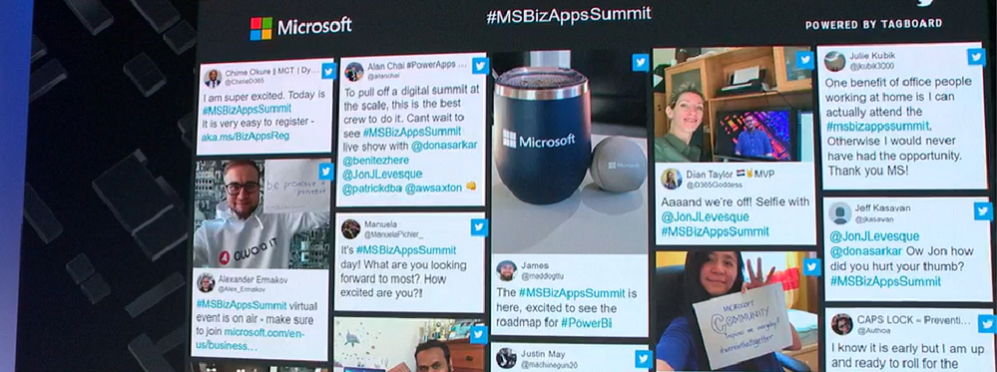
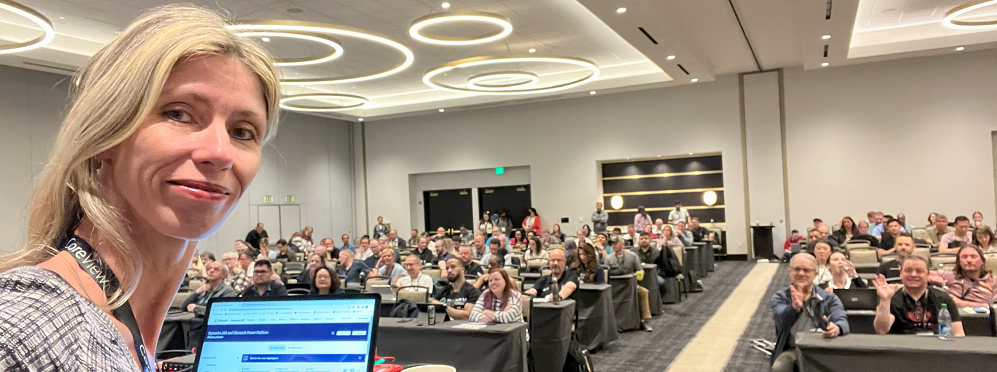
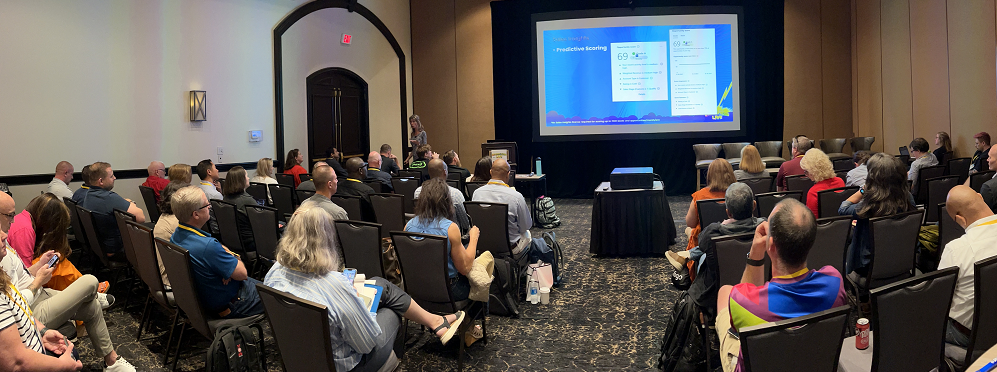
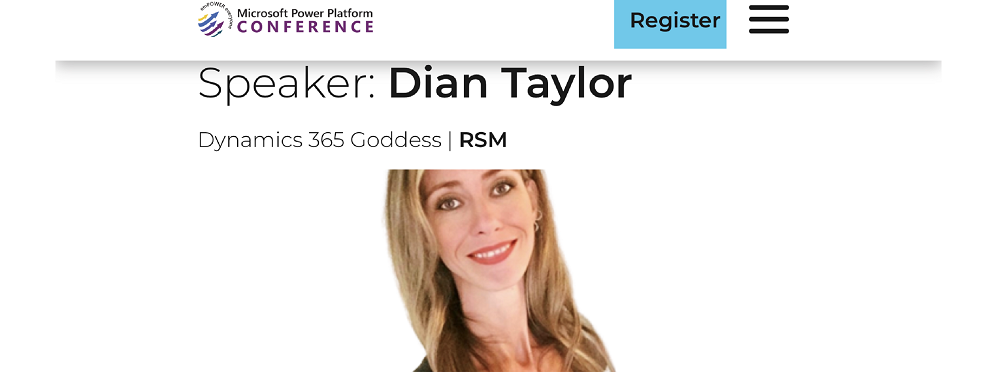
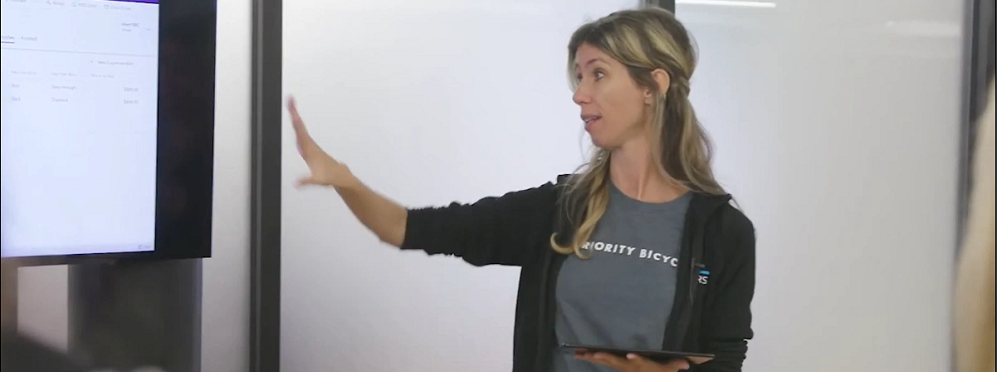



Comments are Closed